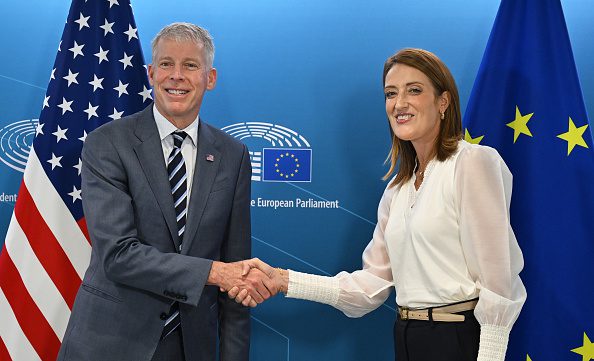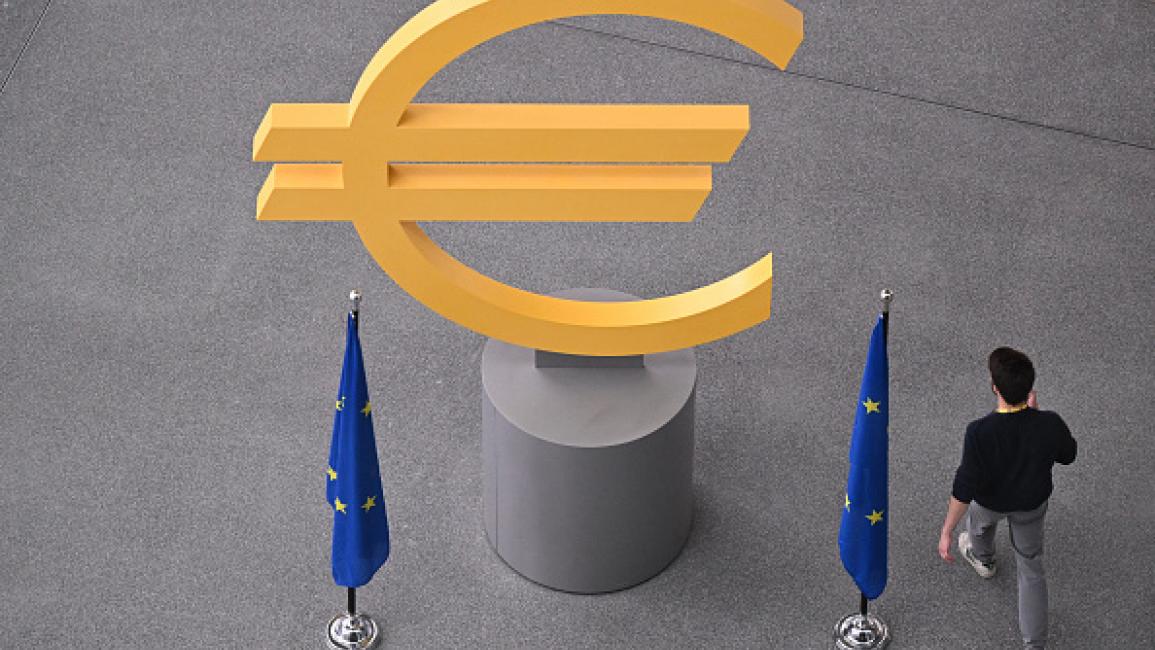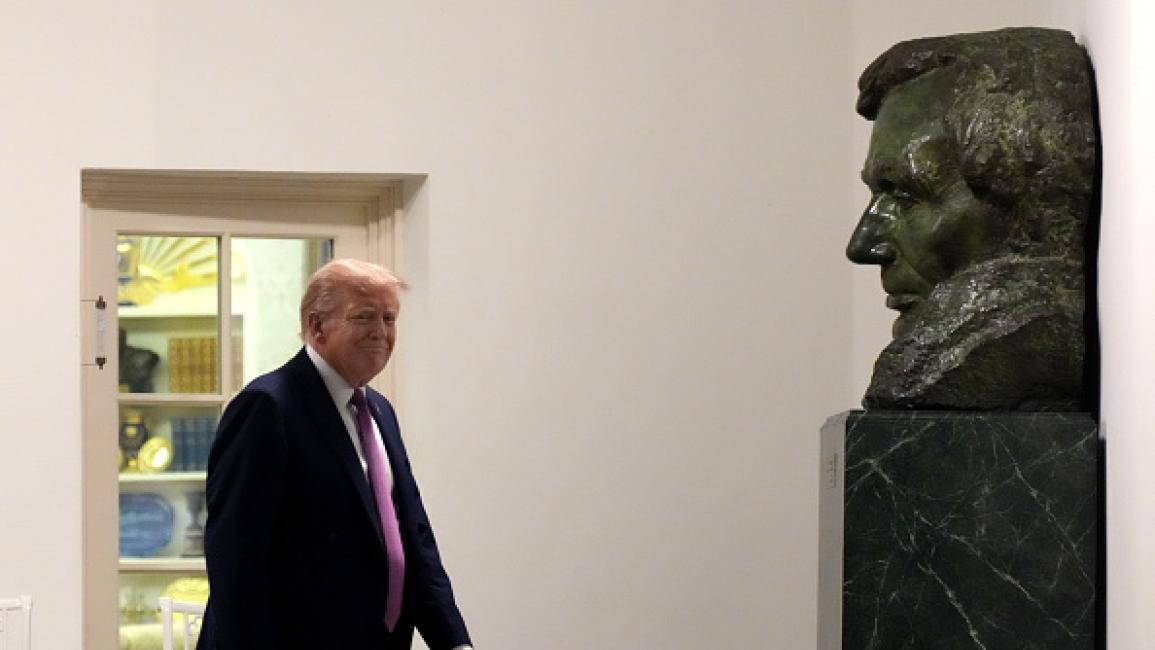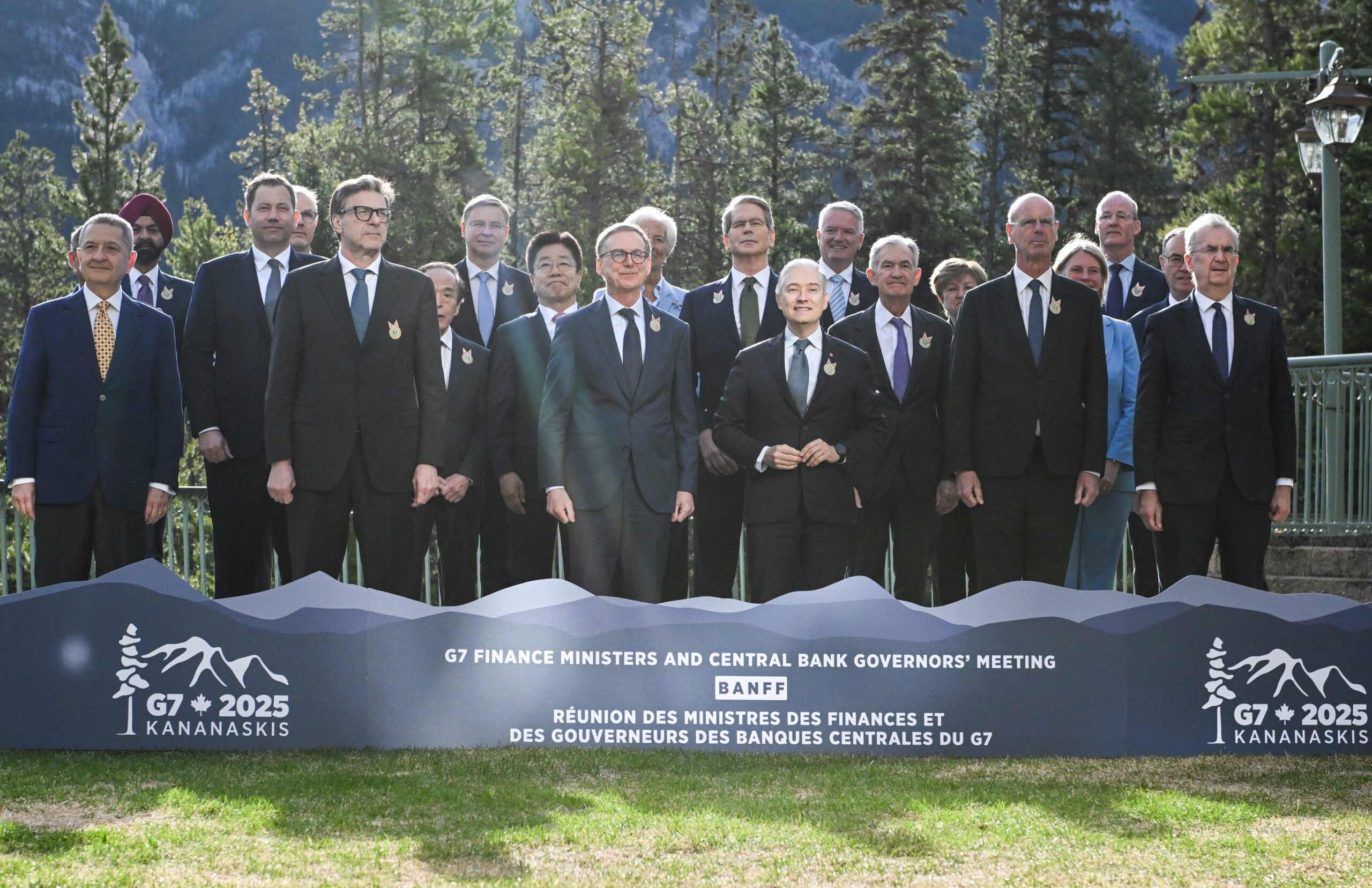Washington Escalates Pressure on Europe and the G7 to Cut Russian Energy Sources

The United States has significantly increased its diplomatic and economic pressure on European allies to halt the use of Russian energy products. By targeting countries that trade Russian oil, Washington aims to reduce Moscow’s revenue streams and weaken its ability to fund military operations in Ukraine. U.S. Energy Secretary Chris Wright told Reuters that the European Union could potentially stop importing Russian gas within six to twelve months, replacing it with liquefied natural gas from the United States US Escalates Economic Pressure.
Wright stressed that the EU might achieve this goal faster than anticipated. “I have clearly expressed that we can accelerate the process,” he said. “From the U.S. side, we can increase our efforts, and offering precise timelines might help encourage action.” His statements indicate the urgency with which Washington seeks to reduce Europe’s dependence on Russian fuel.
Talks Between Washington and Brussels
During his visit to Brussels, Wright met with EU Energy Commissioner Dan Jurgensen to discuss halting Russian energy imports. The European Union is currently reviewing proposals to phase out Russian oil and gas contracts by early 2028. Jurgensen emphasized that the EU remains committed to its scheduled plan, separate from any potential sanctions discussed with Washington China-U.S. Diplomatic Exchanges.
European Commission President Ursula von der Leyen also noted that the EU is considering accelerating the removal of Russian fossil fuels under a new sanctions package. These measures are intended to secure energy independence for European nations and reduce the geopolitical leverage of Moscow.
Rising Russian Energy Revenues
Despite international efforts to curb Russian exports, Moscow’s energy revenue grew by 26% in 2024, reaching $108 billion. Oil and gas remain the main sources of funding for Russia’s military campaigns in Ukraine. This growth highlights the difficulty of immediately reducing Russian income, even amid coordinated Western sanctions Trade Talks Between Canada and Mexico.
Analysts note that Europe’s reliance on Russian gas is still substantial. Nearly 50% of imported gas comes from Russia, creating a challenging transition that requires alternative supply chains. The U.S. is positioning its liquefied natural gas exports as a key component in reducing this dependency.
U.S. Call to the G7 and EU Allies
In addition to pressuring Europe, the U.S. Treasury has urged the G7 and EU allies to impose “significant tariffs” on goods from China and India. This strategy aims to curb purchases of Russian oil that fund Moscow’s war machine Qatar Strengthens Sovereignty. Treasury officials argued that these purchases prolong the conflict and support aggressive military operations in Ukraine.
During a recent G7 finance ministers’ meeting, officials discussed ways to amplify economic pressure on Moscow. A Treasury spokesperson said, “China and India’s oil purchases enable Russia to finance military campaigns and extend the suffering of Ukrainian civilians. EU partners must join us in implementing impactful tariffs to end this support.”
European Energy Strategy and U.S. Collaboration
The EU’s phased plan involves gradually reducing Russian energy imports while seeking alternatives such as liquefied natural gas from the United States and renewable energy projects within Europe Elon Musk Restructures XAI. Cooperation between the EU and U.S. ensures that energy supply remains stable while simultaneously applying economic pressure on Moscow.
Commissioner Jurgensen emphasized that the EU’s goal is to meet the 2028 deadline for full disengagement from Russian fossil fuels. This involves legislative approval from member states and coordination with financial authorities to maintain market stability.
Global Implications and Strategic Alliances
The U.S. strategy extends beyond Europe. Washington’s insistence on curbing Russian energy sales to China and India reflects a broader effort to isolate Moscow economically Charlie Kirk Assassination. By leveraging international partnerships, the U.S. hopes to influence global energy markets and encourage nations to align with sanctions policies.
Canada and Mexico are also part of this cooperative framework, engaging in trade discussions that aim to counteract Russian economic pressure and support allied objectives Trade Talks Between Canada and Mexico. The North American energy corridor, combined with U.S. liquefied natural gas exports, strengthens the region’s capacity to replace Russian fuel.
Looking Ahead
Energy experts note that implementing these changes will require close monitoring and rapid adaptation. Europe must diversify energy sources, invest in LNG infrastructure, and collaborate with U.S. suppliers to meet growing demands. Meanwhile, U.S. diplomatic channels continue to coordinate with global allies to sustain economic pressure on Russia and reduce its war financing capabilities US Escalates Economic Pressure.
The geopolitical stakes are high. Any delay in phasing out Russian energy imports could allow Moscow to maintain a significant economic advantage, prolonging the conflict in Ukraine. Hence, U.S. and EU authorities are pushing for accelerated timelines while ensuring energy stability across the continent.
Summary:
The United States has intensified diplomatic and economic pressure on Europe and the G7 to reduce reliance on Russian energy. Simultaneously, Washington is urging China, India, and other global players to limit purchases of Russian oil. Despite these measures, Russian energy revenues remain strong. Coordinated efforts, including U.S. LNG exports and strategic EU policies, aim to secure energy independence in Europe while constraining Moscow’s military funding.
This article is for entertainment purposes, but knowledge is with God.




